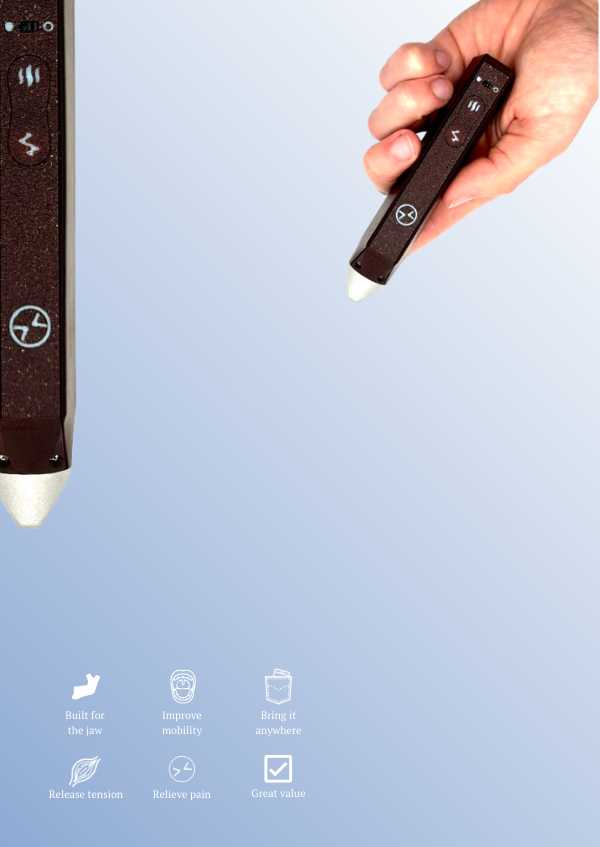Jaw Pain Ice Pack or Hot Pack: You're Doing it Wrong!
There's so much conflicting information out there about this topic. Some people will say that a TMJ flare up warrants the use of an ice pack. Others say never to use cold, and instead apply a warm compress. So what's the real answer?
First let's look at what these temperature swings do in the first place.

There's so much conflicting information out there about this topic. Some people will say that a TMJ flare up warrants the use of an ice pack. Others say never to use cold, and instead apply a warm compress. So what's the real answer?
First let's look at what these temperature swings do in the first place.
Cold is great for reducing inflammation. This often helps with reducing pain and swelling. This is why we use ice packs when we fall; they can help prevent any bruises or bumps from forming. So if there is proven inflammation around the TMJ (as is true with later stages of joint deterioration and arthritis), a cold compress can be good for reducing pain associated with it.
However, for often than not, reducing inflammation is actually often the OPPOSITE of what we want when it comes to TMJ flare ups. According to most studies and professionals in the space, well over 50% (and often closer to 80%) of TMD cases are muscular in nature.
And inflammation is really just a lot of blood getting to the area to repair tissue or fight infection. Cold stops this by constricting blood vessels and muscles, preventing blood from collecting in the area.
As we discussed in our other posts (see below), TMJ flare ups and locking is often CAUSED by muscle tightness in the area. Applying cold actually has a good chance of making these muscle spasms/knots worse, which can result in more pain along with more tension and less mobility.
Heat on the other hand has the opposite effect of dilating blood vessels and relaxing muscle tissue. This is exactly what we want when trying to unlock the TMJ from a flair up. An additional note is that it has been clinically shown that moist heat is better than dry heat at penetrating deeper into muscle tissue (1).
So, next time you're stuck between the frozen peas and the heating pad, save the peas for use in the kitchen or for the next time you take a fall, unless you think your TMD doesn’t have much of a muscular component.
References:
If you found this article interesting or informative, consider following us on instagram @mytmjrelief




1 comment
Hey bro, I’m Malek from Germany, I
Just saw your Produktion and I really love the idea.
I was thinking if we can work together.
Like I can have a Branches of your company in Europe.
Let me know if you are interested.
Best regards